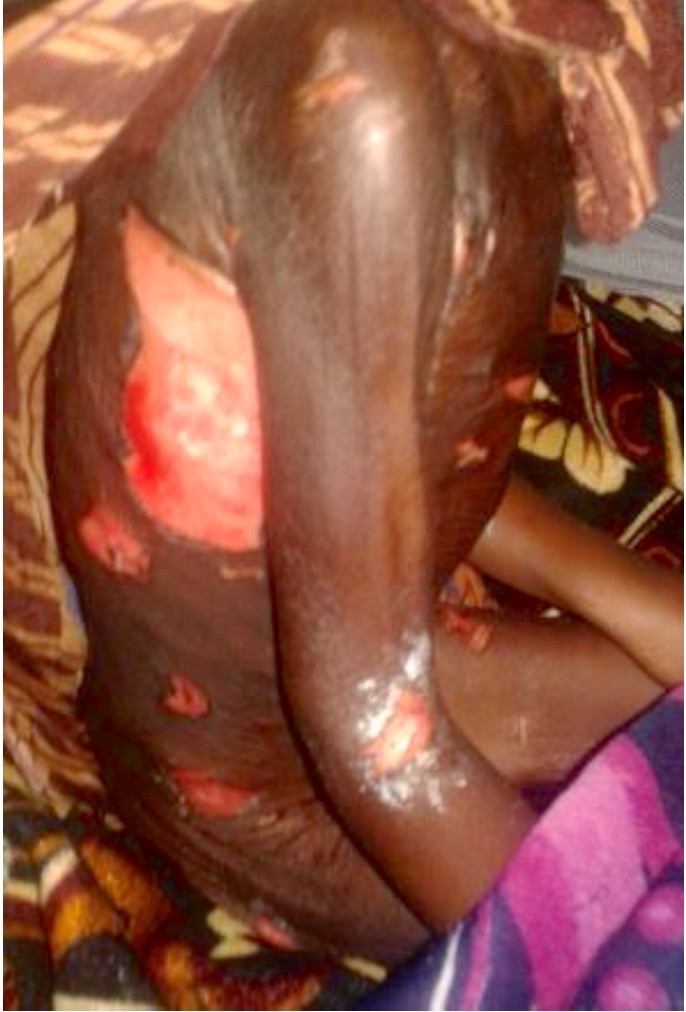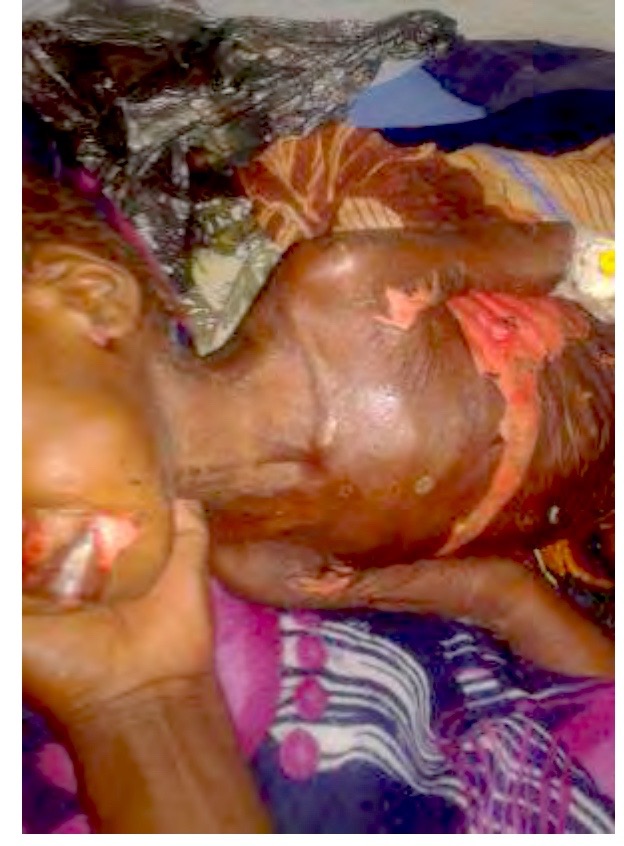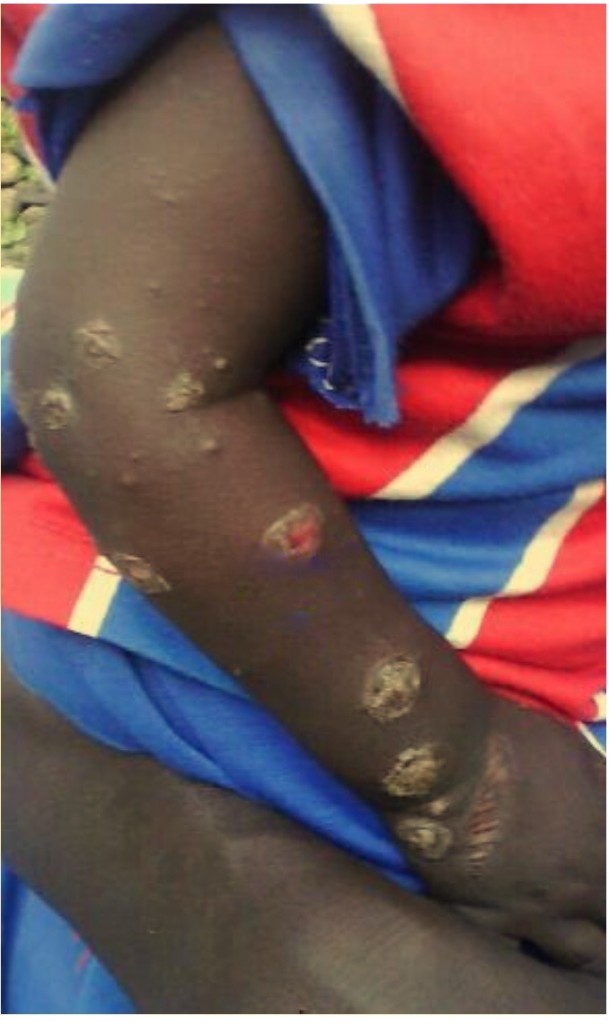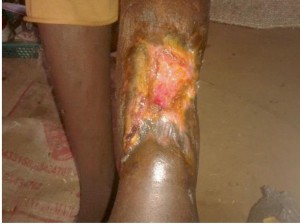Khartoum regime elected as Vice Chair of Executive Council of the Organization for the Prohibition of Chemical Weapons: What it signifies
Eric Reeves | March 18, 2017 | http://wp.me/p45rOG-21L
From The Huffington Post | http://www.huffingtonpost.com/entry/58cd4226e4b0537abd957111
The signs are everywhere: international cynicism and expediency is now growing by leaps and bounds in the wake of Obama administration decision (January 13, 2017) to lift sanctions on the National Islamic Front/National Congress Party regime in Khartoum, a decision that expediently and misleadingly asserts “positive actions” by the regime. Perhaps most striking in recent days: with the help of the Africa bloc at the Organization for the Prohibition of Chemical Weapons (http://www.sudantribune.com/spip.php?article61915/), Khartoum has been elected as Vice Chair of Executive Council of the Organization for the Prohibition of Chemical Weapons (OPCW). The Executive Council is responsible for the most important decisions by the Organization.
The extraordinary cynicism, finally cruelty by the Africa bloc at the Organization (Nigeria, Cameroon, Ghana, Kenya, Libya, Morocco, Senegal, South Africa, and Sudan) comes just six months after Amnesty International released its extraordinarily authoritative report on Khartoum’s massive assault on the Jebel Marra region of Central Darfur—an assault that included the substantial use of chemical weapons:
“Scorched Earth, Poisoned Air: Sudanese Government Forces Ravage Jebel Marra, Darfur,” Amnesty International | 109 pages; released September 29, 2016 | http://www.amnestyusa.org/research/reports/scorched-earth-poisoned-air-sudanese-government-forces-ravage-jebel-marra-darfur
Photograph from Amnesty International report: a highly vulnerable infant suffering following a chemical weapons attack
The photographic evidence and innumerable interviews conducted by Amnesty leave no room for doubt that the Chemical Weapons Convention was seriously violated by Khartoum, resulting in deaths and injuries to hundreds of civilians; many if not most of the victims were nowhere near rebel forces. The campaign in Jebel Marra had all the earmarks of a scorched-earth campaign of the sort that has frequently defined the regime’s genocidal counter-insurgency in Darfur over the past fourteen years.
 Photographs from the Amnesty International report: these civilian injuries cannot be explained except as the result of a chemical weapons attack
Photographs from the Amnesty International report: these civilian injuries cannot be explained except as the result of a chemical weapons attack
The bizarre decision by the Africa bloc at the OPCW is sadly all too consistent with a number of recent reports on Khartoum’s progress in rehabilitating itself within the international community, reports that began to accelerate with the lifting of sanctions on Khartoum by the Obama administration in its last week in office. Notably, the decision to lift sanctions and ultimately make the suspension permanent did not include human rights improvements, an ending of extreme press censorship and intimidation, the release of political prisoners, controlling violence Arab militia forces in Darfur, a restoration of violently expropriated farmland in Darfur, an end to the epidemic of rape that has seen many tens of thousands of girls and women raped over the past 14 years, economic reform, or humanitarian access to eastern Sudan.
In the “race to the bottom” by candidates for the title of most cynical, most expedient, there are all too many contestants. I will offer very shortly a comprehensive assessment of international behavior towards Khartoum and Sudan in the two months subsequent to Obama’s lifting of economic sanctions—rightly described by Human Rights Watch as “inexplicable,” but nonetheless enormously consequential. These consequences can be measured most revealingly by looking at the Sudanese economy, the “budget” of the National Islamic Front/National Congress Party regime, and the grotesquely skewed spending priorities of that regime.
In short, this comprehensive economic assessment will be a continuation (Part 2) of my analysis of March 4, 2017, “Khartoum and the Peripheries: Where the Money Goes—and Where it Doesn’t Go.”
[Eric Reeves has written extensively on Sudan for almost two decades; he is a Senior Fellow at Harvard University’s François-Xavier Bagnoud Center for Health and Human Rights https://fxb.harvard.edu/people/eric-reeves/]


